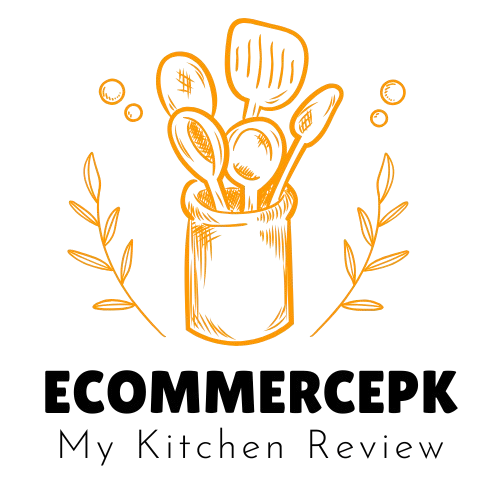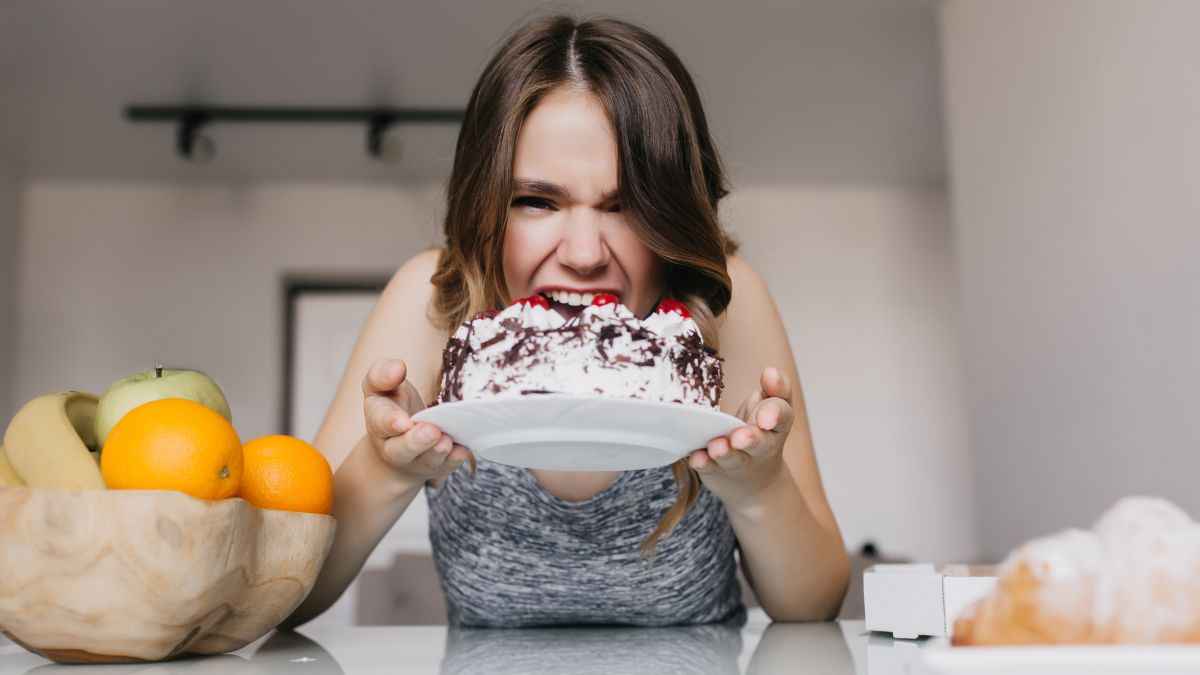You may not realize it, but there’s a strong link between anxiety and eating. In fact, many people who struggle with anxiety turn to food for comfort and to ease their worries. This can be a slippery slope that ultimately destroys your health.
If you’re anxious and you’re eating, it’s time to take a step back and look at what’s going on. Below, we’ll explore the unhealthy link between anxiety and eating and offer some tips on how to break the pattern.
The Link Between Stress and Eating
You may not realize it, but there’s a strong link between stress and eating. In fact, for many people, stress is the number one reason for eating problems.
This is because when we’re stressed, our body releases cortisol, a hormone that makes us crave fatty and sugary foods. And the more we eat these kinds of foods, the more our anxiety levels increase. It becomes a vicious circle that’s hard to break free from.
How to Recognize Anxiety Eating
It’s not always easy to spot anxiety eating, especially if you’re doing it yourself. After all, it’s often done in secret, and the person doing it may be in denial about the problem.
But if you’re looking out for the key signs, it’s usually not too hard to tell. At this point are a few of the most collective red ticker tapes:
-You eat when you’re not hungry
-You eat too much or too little
-You obsess about what you’re eating and how much you’re eating
-You eat foods that are unhealthy or high in calories
-You eat quickly or compulsively
-You feel uncomfortable or humiliated about your eating behaviors
Differentiating Between Physical and Emotional Hunger
You may be wondering if you anxiety-eating. It’s not always easy to tell. After all, there are a lot of different reasons why we might turn to food for comfort. Maybe we’re feeling lonely, bored, stressed, or sad.
But there are some key differences between physical and emotional hunger. Physical hunger comes on gradually and is usually accompanied by a growling stomach or feelings of weakness. Emotional hunger, on the other hand, hits us suddenly and is often accompanied by negative emotions like guilt, shame or anxiety.
If you can learn to distinguish between the two, you’ll be in a better position to address the root cause of your emotional eating.
Creating a Plan to Reduce Your Anxiety Eating Habits
The first step is acknowledging that you have an issue with anxiety eating. You need to be honest with yourself in order to create an effective plan to address the problem.
The second step is identifying your triggers. What situations, emotions, or thoughts lead you to reach for unhealthy foods? The minute you know your activities, you can start to grow surviving instruments to compact with them.
The third step is making healthy changes to your diet. This doesn’t mean going on a strict diet instead, focus on making small changes that you can stick to long-term. For sample, if you classically eat fast nutrition diet for eating, try packing healthy eats from the household instead.
The fourth step is finding other ways to cope with anxiety. This might involve exercise, yoga, meditation, journaling, or deep breathing exercises. The key is finding something that works for you and that you can do on a regular basis.
Making these changes won’t happen overnight it’s important to be patient and gentle with yourself. But if you’re committed to making a change, these steps will help you reduce your anxiety eating and improve your overall health.
Triggers of Anxiety Eating and How to Manage Them
There are all sorts of things that can trigger anxiety in eating. Maybe you’re stressed out at work, or you’re worried about an upcoming event. Maybe you’re feeling lonely or bored. Whatever the trigger, it’s important to be aware of what sets off your anxiety eating so that you can deal with it in a healthy way.
One way to deal with anxiety eating is to have a plan for when you start to feel anxious. This could mean going for a walk, taking a break to meditate or journaling, or calling a friend to chat. It’s important to have something that will help you calm down and avoid turning to food.
Another way to deal with anxiety eating is to make sure you’re eating healthy foods throughout the day. If you’re feeling good physically, it’s easier to resist the urge to emotional eat. So make sure you’re getting enough protein, healthy fats, and complex carbs, and that you’re staying hydrated.
Lastly, try to get rid of any trigger foods from your house. If there’s something you know you can’t resist, don’t keep it around as a temptation. Out of sight, out of mind!
Developing New Coping Strategies to Replace Anxiety Eating
Now that you understand how anxiety eating can develop and what some of the dangers are, it is time to learn how to cope in a healthier way.
One of the best things you can do is to keep a journal of your anxiety eating episodes. Write down when they happen, what you’re feeling, and what you ate. That will support you to classify patterns and activities so that you can avoid them in the yet to come.
It is also important to find other coping mechanisms to replace anxiety eating. Some people find that deep breathing exercises or progressive muscle relaxation help to reduce their stress levels. Others find relief in exercise, yoga, or meditation.
If you are struggling to find healthy coping mechanisms that work for you, it may be helpful to talk to a therapist or counselor who can help you to develop new strategies.
Conclusion
When it comes to anxiety and eating, it’s important to be proactive and understand the risks. Anxiety can lead to unhealthy eating habits, which can then lead to a slew of other health problems.
But by being mindful of the warning signs and taking steps to address anxiety early on, you can avoid these problems and maintain your health and well-being.
More About Anxiety WIKIPEDIA
More About Eating Haelth WIKIPEDIA
Read More Health Topics
Healthy Mind, Healthy Body: Tips for Reducing Stress and Anxiety

